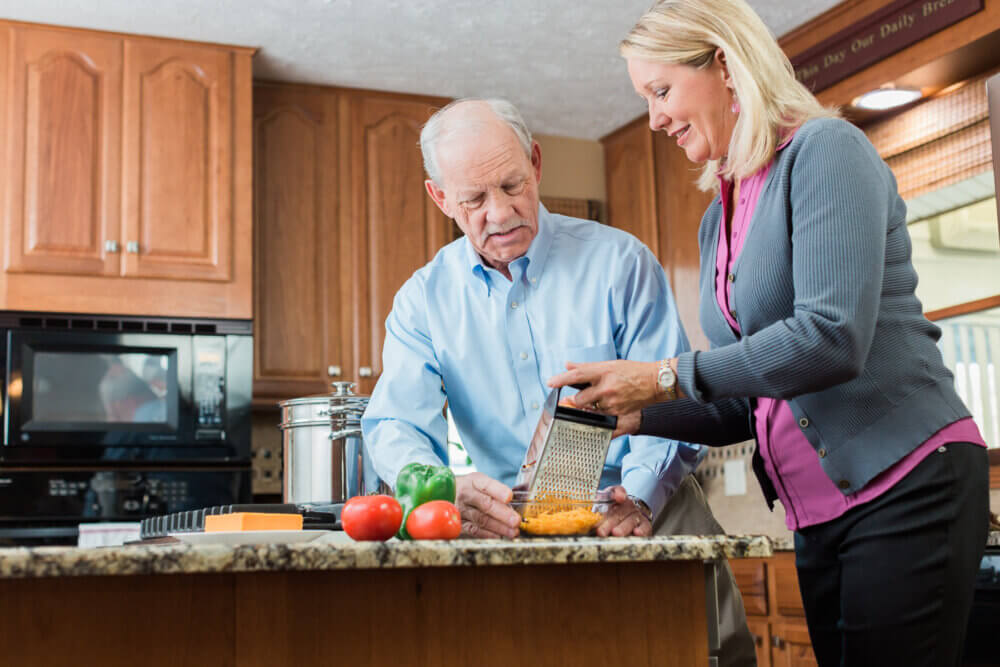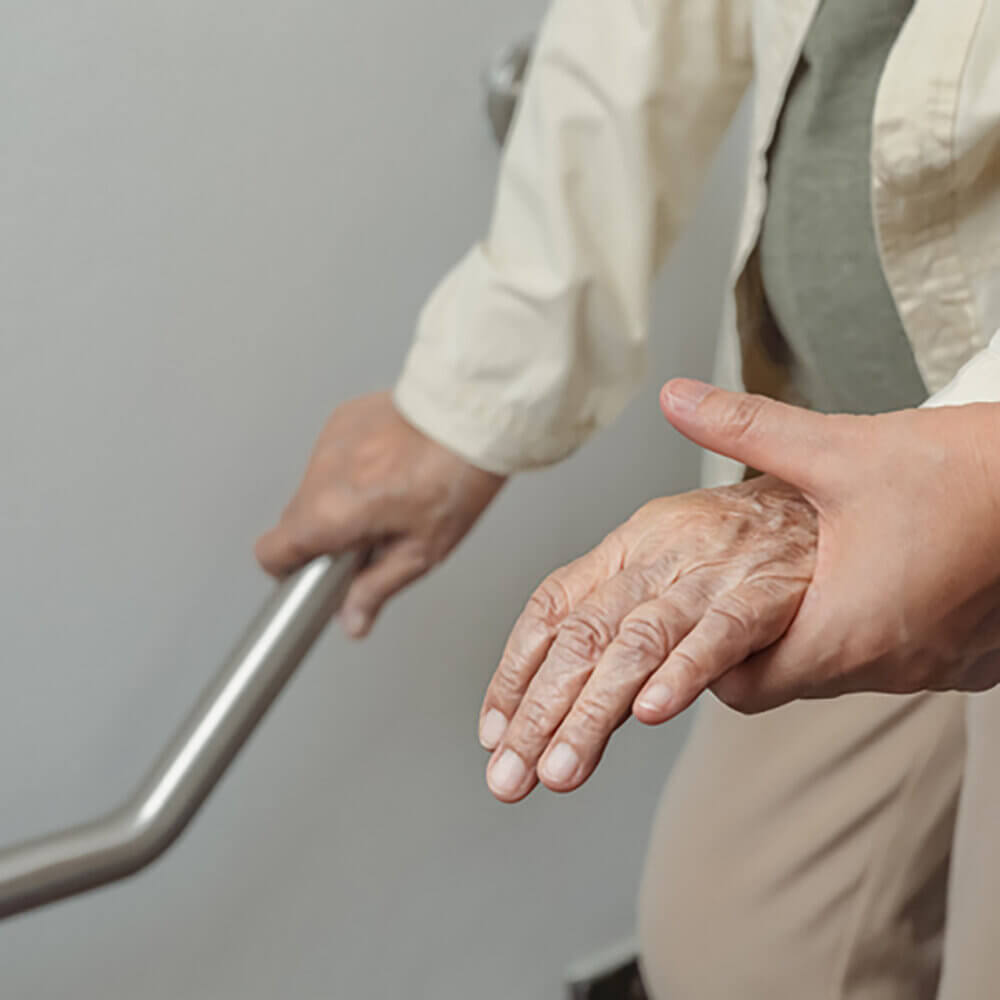Preventing Hospital Admissions: How to Keep Mum & Dad Safe
Many perceive an inevitable link between ageing and hospital stays. But with the proper care, it doesn't have to be that way. Let's talk about preventing hospital admissions.

Preventing Hospital Admissions: What You Need to Know
The findings of the March 2024 report by The House of Commons Library on theNHS Key Statistics for England are concerning. Despite a significant increase in healthcare professionals, including a 24% rise in hospital doctors and a 21.8% increase in nurses and health visitors over the past five years, the waiting times for NHS A&E and Inpatient Care are still rising. A&E attendance alone has seen a 5% increase since 2011.
Even if we exclude COVID admissions, the numbers still look high. Part of this problem is an ageing population and underfunded social care as preventative measures.According to Age UK, in 2021/22, older people attended 4.8 million A&E appointments. They suggest around 855,000 of those could have been avoided with proper care.
What Exactly Do We Mean by an Avoidable Hospital Admission?
It’s a term used to describe a situation where a person is admitted to a hospital for a condition that could have been prevented or managed in a different healthcare setting, such as a GP surgery or a community care service.
To answer this, we must step back and ask, “What causes hospital admissions among older adults?” The following conditions are the most common.
- Dementia and cognitive impairment
- Respiratory and heart conditions
- Falls and fractures
- Urinary Tract Infections (UTIs)
- Malnutrition
- Dehydration
- And poor mental health
[We discussed these heavily in another article, whichyou can read here.]
So what’s missing? How can we use what we know about the causes of older adult hospital admissions to prevent them? It starts with education, self-management, exercise and rehabilitation, and coordinated care services (Purdey S, Huntley A., 2013.).

How to Help Mum and Dad Avoid Hospital Admissions
Caring for a loved one is a big task. It’s not something you can do alone. That realisation is the first step to helping Mum and Dad stay healthy and happy in the home they love for longer.
The second realisation comes in understanding the help available to you.
- Visit the GP with your loved one and ask about what you can implement at home to assist Mum and Dad
- Seek social community hubs, like daycare centres, for fun activities and time away from the home environment
- Find out about Home Care services, like Home Instead (read the next section!)
These tools will help you provide deeper levels of physical and mental care. Alongside these, you can implement new routines around the home:
- Having fresh drink water easily accessible
- Healthier meal options, particularly at times of the day when Mum and Dad don’t want to cook for themselves
- A time when you can go for a walk together and enjoy simple exercise
- Modifying the home environment to make mobility easier
- Communicate openly and regularly to establish if you need to provide something extra

How Home Instead Ascot, Camberley and Wokingham is Preventing Hospital Admissions
At Home Instead Ascot, Camberley and Wokingham, we take your loved one’s care seriously. We want to do all we can to avoid any unnecessary hospital stays because we know how these deeply affect Mum and Dad. And how difficult they are to recover from.
[Here’s a big shout-out tolocal client Brian, who has been recovering well after his recent hospital stay. A great example of how Home Care helps clients avoid rehospitalisation.]
Education and Self-management
We start with condition-led care, prioritising education and self-management because independence and self-awareness are precious assets.
We encourage Mum and Dad to understand and communicate how they feel and why they feel the way they do. We also show them how to manage hydration, nutrition, exercise, medication and self-care.
That doesn’t mean we aren’t there to monitor. A big part of what we do is monitoring and sign-posting to you and your loved one’s care professionals. But having your loved one be able to recognise and self-manage things like hydration and nutritional options is incredibly helpful. It is also incredibly freeing and stimulates better mental health through independence.
We also offer education to families. Getting older presents many unknowns. Having navigated them already, it makes perfect sense to help you understand what Mum and Dad are going through and how to face it together.

Exercise and Rehabilitation
Physical fitness is vital as we age. We need to rely on our strength to move about and remain independent. Exercise can also help decrease the side effects of many conditions.
Depending on your loved one’s needs, we can provide everything from daily exercise plans to physical therapy – including outings, because who doesn’t benefit from a bit of fresh air!
If your loved one wants to try local pilates, we can drive them to and from the venue. Here is a list of thebest local exercise classes. Take a look; there is plenty of choice.
Coordinated Care Services
Most importantly, we work with your care professionals, from district nurses to GP and NHS consultants. We help carry out care plans from medication to auxiliary services, like catheter changes and treating pressure sores.
Fall Prevention Strategies
One of the biggest reasons for hospital admissions is falls. They can be incredibly debilitating and pose long recovery times. To help your loved one avoid unnecessary falls, we have launched ourFREE Falls Assessment.
Our highly skilled and accredited Adult Care team conducts this assessment to identify potential fall risks in your loved one’s home environment and provide recommendations to reduce them. By addressing these risks, we can significantly reduce your loved one’s likelihood of falling and hospital admission.
